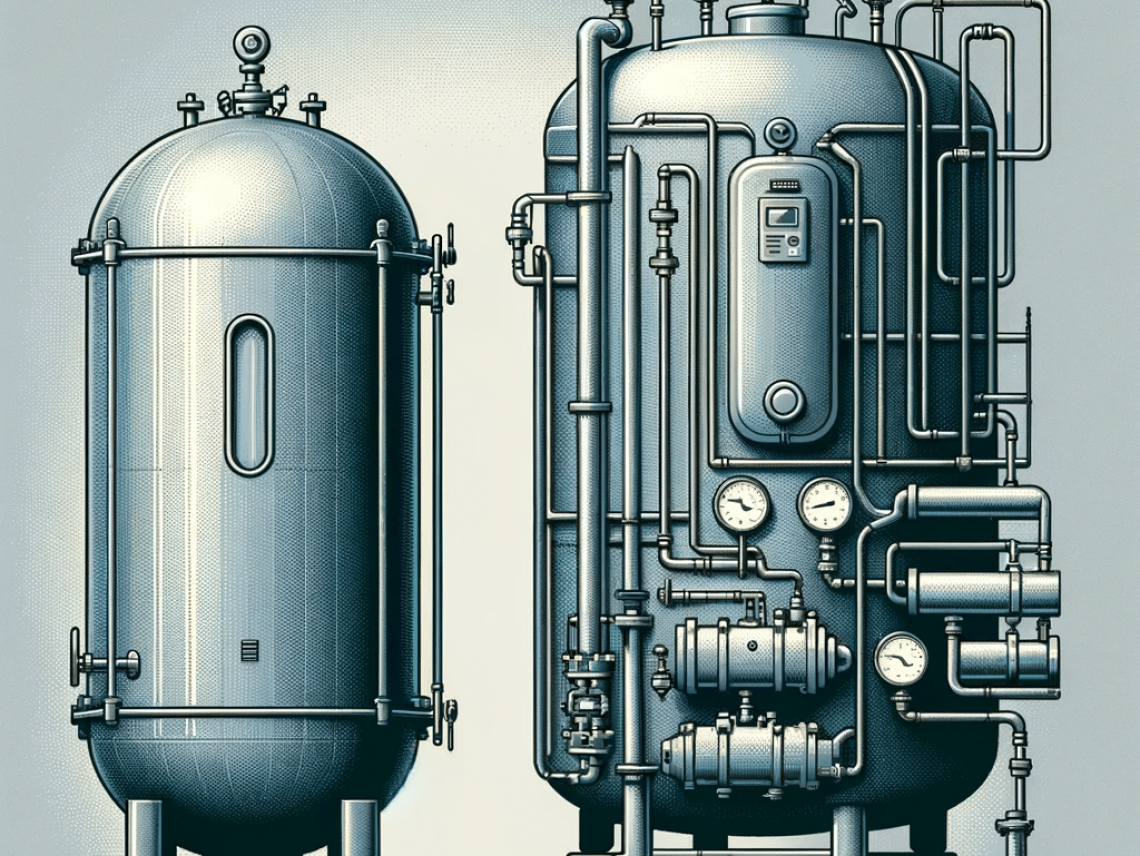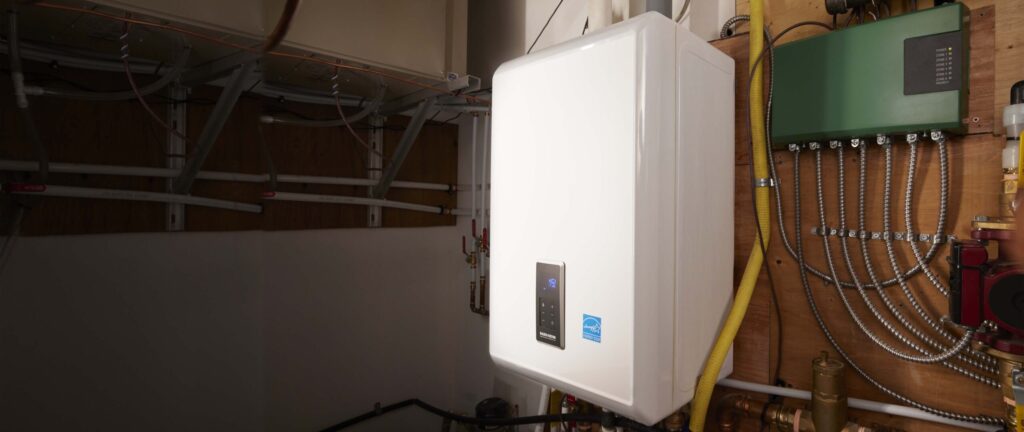Boilers have long been at the heart of heating systems, providing warmth and hot water for countless households and businesses. However, as technology continues to advance, the world of boilers is experiencing a revolution in efficiency and innovation.
From improved insulation to smarter controls, manufacturers are constantly pushing the boundaries to make boilers more efficient and environmentally friendly. In this article, we will explore the latest developments in modern boiler technology, highlighting how these innovations are turning up the heat in the industry.
Join us as we delve into the exciting world of cutting-edge boiler technology and discover how these advancements are paving the way for a more sustainable future.
Maximizing Efficiency and Performance
In the world of modern boiler technology, the key to maximizing efficiency and performance lies in innovative solutions that optimize the heating process. With advancements in design and technology, boilers are now capable of providing reliable and consistent heat output while minimizing energy consumption. By incorporating features such as advanced combustion controls, high-efficiency heat exchangers, and intelligent monitoring systems, today’s boilers can deliver unparalleled performance and efficiency.
These innovations not only result in cost savings for operators but also contribute to a more environmentally sustainable approach to heating solutions. Whether for commercial or residential applications, the emphasis on efficiency and performance is driving a new era of boiler technology that is revolutionizing the way we heat our spaces.
Advancements in Boiler Design

Recent advancements in boiler design have revolutionized the efficiency and sustainability of this essential heating technology. From improved combustion systems to advanced control mechanisms, modern boilers are now capable of delivering exceptional performance while minimizing environmental impact.
One key development is the integration of smart technology, allowing for remote monitoring and optimization of boiler operations. Additionally, advancements in materials science have led to the creation of more durable and heat-resistant components, resulting in longer service life and reduced maintenance costs.
Overall, these innovations are setting a new standard for energy-efficient and eco-friendly heating solutions.
Enhancing Safety and Sustainability
Enhancing safety and sustainability are top priorities in the evolution of modern boiler technology. With an increasing emphasis on reducing carbon emissions and improving environmental impact, innovative solutions have emerged to enhance operational efficiency while also meeting stringent safety standards. New advancements in materials, monitoring systems, and energy management have allowed for greater control and optimization of boiler performance, ensuring both safety for operators and sustainability for the planet.
By integrating these cutting-edge technologies, the industry cannot only improve efficiency but also reduce waste and minimize environmental harm, paving the way for a more sustainable future.
Cutting-Edge Innovations in Boiler Technology

Cutting-edge innovations in boiler technology are revolutionizing the way we heat our homes and businesses. From advanced condensing boilers that maximize efficiency to smart controls that allow for remote monitoring and optimization, these new technologies are helping to reduce energy consumption and lower costs.
Additionally, the development of modular boiler systems makes installation and maintenance easier than ever, saving both time and money for end-users. With these breakthroughs in boiler technology, it’s never been a better time to upgrade your heating system for maximum efficiency and savings.
Future Trends and Developments in Boiler Systems
As technology continues to advance, future trends and developments in boiler systems are expected to focus on enhancing efficiency, sustainability, and integration with smart technology. One key trend is the increasing use of condensing boilers, which can achieve higher efficiency levels by capturing and reusing heat that would typically be lost in traditional systems.
Additionally, the development of biomass boilers and heat pumps is being explored as eco-friendly alternatives to traditional fossil fuel heating methods. Integration with smart technology, such as Internet of Things (IoT) devices, will enable remote monitoring and control of boiler systems, leading to greater energy savings and proactive maintenance.
Overall, the future of boiler systems is looking towards smarter, more efficient, and environmentally friendly solutions to meet the growing demands of modern buildings and infrastructure.
Case Studies: Implementing Modern Boiler Technology

Case studies serve as valuable tools for showcasing the successful implementation of modern boiler technology in various industries. One such example is a manufacturing plant that upgraded its boiler system to improve efficiency and reduce operating costs.
By utilizing advanced controls and sensors, the plant was able to monitor and adjust boiler performance in real time, resulting in significant energy savings. Another case study involves a hospital that integrated modern boiler technology to enhance heating capabilities and ensure a reliable hot water supply.
The installation of a new high-efficiency boiler not only improved patient comfort but also lowered utility expenses for the facility. These success stories highlight the importance of adopting innovative boiler solutions to optimize performance and achieve sustainability goals.
Conclusion
In conclusion, the advancements in modern boiler technology have revolutionized the way we heat our homes and businesses. From increased efficiency and sustainability to innovative features like smart controls and remote monitoring, boilers have come a long way in meeting the demands of the modern world.
Companies like Boilers Wirral are leading the way in providing reliable and energy-efficient heating solutions for customers. With ongoing research and development, the future of boiler technology looks promising, offering even greater efficiency and performance for years to come.







